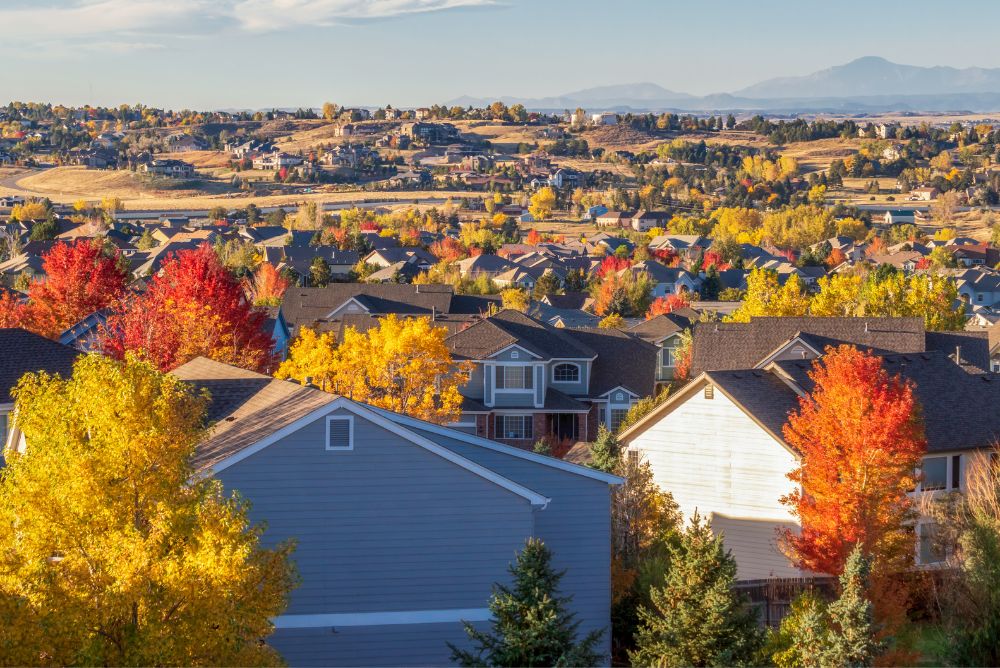Many substances in your home may harm your family’s health, but radon is one of the most dangerous gases to encounter. Although it’s undetectable to your senses, radon can wreak havoc on your health, as it’s one of the leading causes of lung cancer in the US. While citizens of all states may encounter radon gas, those in Colorado may be at a higher risk; discover why half of Colorado homes might have dangerous radon levels.
What Is Radon?
Believe it or not, radon is a naturally occurring gas that comes from uranium decaying in soil and rocks. It’s tasteless, odorless, and colorless, making it impossible to detect without testing. Radon enters your home through gaps and cracks in the foundation and water supplies and builds up to toxic levels after being trapped inside your home. Interestingly, you won’t feel any immediate effects of radon exposure; therefore, you may not know of your exposure until it results in lung cancer.
Uranium-Dense Soil in Colorado
You already know that radon comes from decaying uranium, but this is also the reason why those in Colorado are at a higher risk for radon exposure. Surprisingly, different soil types contain various uranium concentrations. With that in mind, you should know that the soil in Colorado has many granite deposits, which contain ample amounts of natural uranium.
The Environmental Protection Agency (EPA) capped the acceptable radon concentration at 4 pCi/L, and almost all counties in Colorado exceed this amount. Therefore, most homes in the state are at risk of high radon levels.
Steps for Protection
Since radon levels are significantly higher in the state of Colorado, all residents should be aware of the potential dangers and how to keep their families safe. Firstly, you should test your home regularly for radon. If the test indicates an unsafe radon level, you may need a radon mitigation system to rid your home of the gas.
Now that you know why half of Colorado homes might have dangerous radon levels, you might need radon mitigation services in Aurora, CO. Understanding the effects of extended radon exposure is the first step to awareness, and it’s necessary to protect your family.


Recent Comments